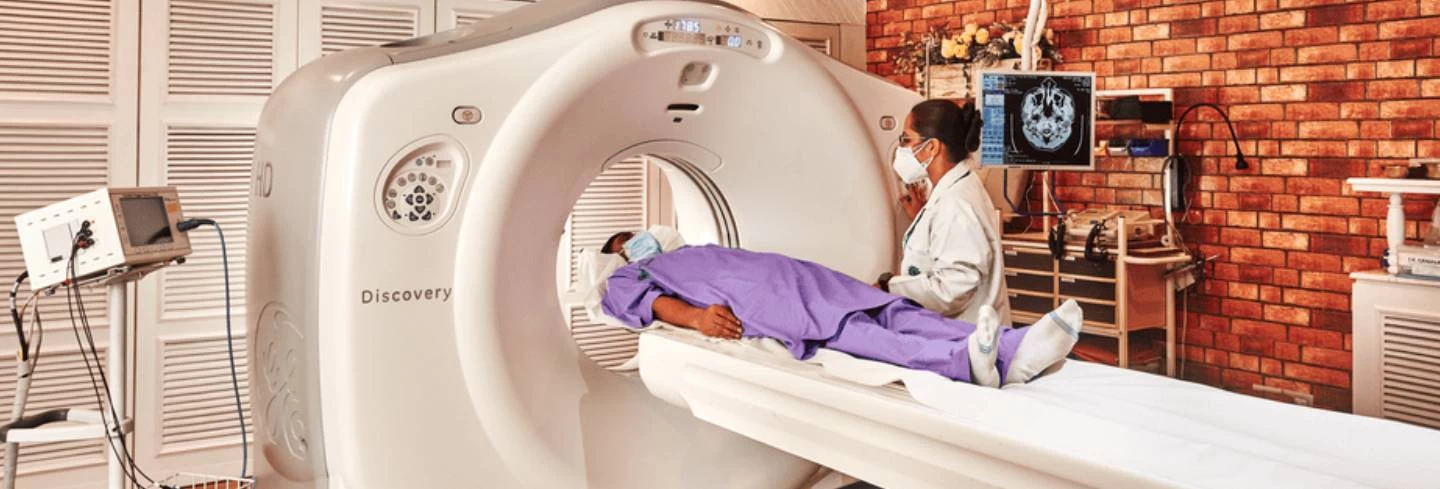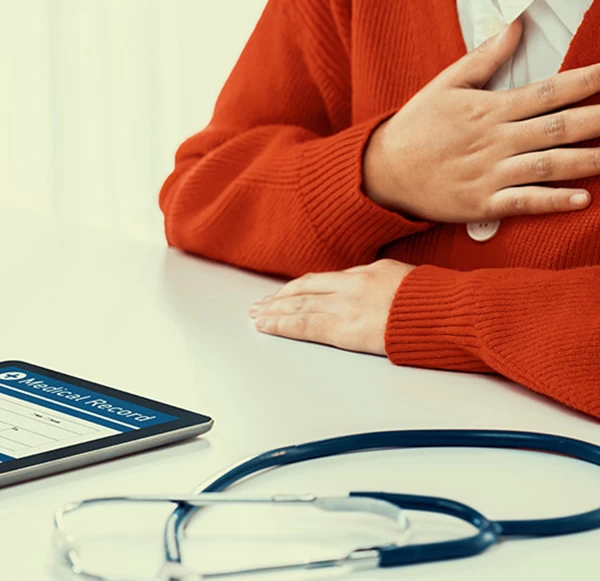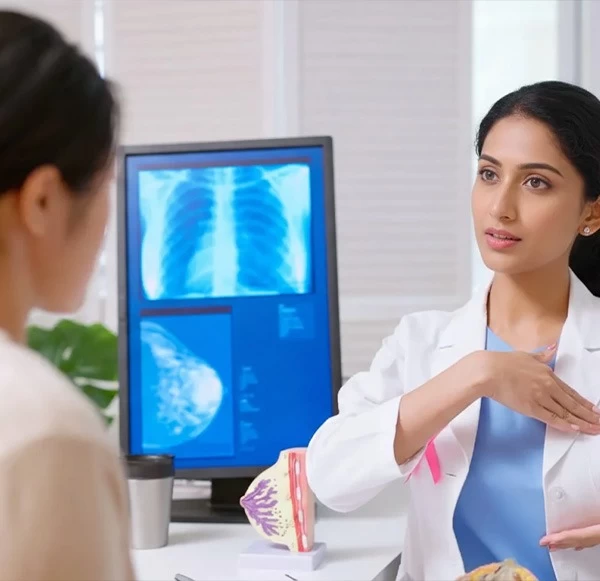- Email Us

When your doctor says you need a scan, it's easy to feel overwhelmed. CT? MRI? What’s the difference and does it even matter? The truth is, it matters a lot. While both scans are powerful tools that help doctors see inside your body, they work differently and are best suited for different purposes. Understanding these differences can help you feel more in control of your health decisions and better prepared for what to expect.
Let’s break it down in a way that’s simple, clear, and relevant to your health needs.
A CT scan (Computed Tomography) employs X-rays to create accurate images of the body in cross-section. It is particularly useful in imaging bones and joints, lungs and chest, internal bleeding or injury, and detecting tumors.Images detect bone and soft tissue abnormalities, including pneumonia in the lungs, tumors in some organs, or fractures in the bones.
A CT scan is rapid, relatively inexpensive, and universally available, and as such one of the most commonly employed diagnostic imaging methods.
Although CT scans are very useful, they do expose you to a little bit of ionizing radiation. Most adults do not mind this. Scanning again and again or repeated use should be avoided, though. Always ensure the test is advised by a good doctor.
An MRI (Magnetic Resonance Imaging) uses powerful magnets and radio waves to generate images, no radiation involved. MRI scans are especially effective for brain and spinal cord, soft tissues like muscles, ligaments, and tendons, internal organs (liver, kidneys, uterus, etc.), and diagnosing neurological conditions.
MRI scans often take longer (20–90 minutes), but the clarity and detail they provide for soft tissues is unparalleled.
Advantages:
Disadvantages:
MRI scans are never radioactive, making it a preferable choice for frequent imaging or more sensitive individuals, such as children or pregnant women (in certain cases). They can be longer than standard and involve holding still inside a tunnel-shaped machine, which can be claustrophobic for some patients.
CT (Computed Tomography) scans, however, are perfect for viewing bones, lungs, the abdomen, and to detect fractures, internal injury, or tumors. CT scans are significantly faster and are typically done in 5 to 10 minutes and are therefore highly convenient in emergency situations. They do, however, employ low-level radiation, which is harmless but not as suitable for repeated examination.
Cost-wise, CT scans are typically cheaper than MRIs, which are more complex and sensitive machines. CT machines are also less enclosed, with a more open experience for those who get claustrophobic in an MRI. That being said, MRIs provide much more detail when working with soft tissues and are thus invaluable when making some diagnoses.
The following table ensures an even better understanding of the differences between MRI and CT Scan.
| Feature | MRI (Magnetic Resonance Imaging) | CT Scan (Computed Tomography) |
| Technology | Uses powerful magnetic fields and radio waves to create detailed images. | Uses X-rays to produce cross-sectional images (slices) of the body. |
| Radiation | No ionizing radiation, safer for repeated imaging. | Involves low-dose ionizing radiation – generally safe, but limited use advised for frequent scans. |
| Best For | Exceptional for soft tissues, such as the brain, spinal cord, muscles, ligaments, and nerves. | Best for visualizing bones, lungs, and the abdominal area – great for detecting fractures, bleeding, or tumors. |
| Image Clarity | Provides high-contrast resolution – shows differences in soft tissues clearly. | Offers fast, wide-body views – but less detail for soft tissues compared to MRI. |
| Speed | Typically 20–90 minutes depending on the body part and sequence needed. | Much faster – often 5–10 minutes. Excellent for emergencies. |
| Cost | Generally more expensive, due to high-tech machinery and longer scan time. | More affordable, widely available in most hospitals. |
| Comfort | Can feel claustrophobic – involves lying still in a narrow tunnel. No noise reduction unless with earplugs/headphones. | Less enclosed, more comfortable for those with claustrophobia. Scan is quiet and quick. |
In the end, it is only a qualified medical professional who can determine the most suitable imaging method for your ailment. However, here is a quick cheat sheet:
Abdominal pain or internal bleeding? CT is the modality of choice in most instances.
At Mahajan Imaging & Labs, we bring over three decades of experience in precision diagnostics. Here’s why thousands trust us:
Whether you need a simple CT scan or a detailed MRI, we make the process smooth and stress-free. View all tests and book online or speak to our support team to understand which imaging is best for you.
Understanding the difference between MRI and CT scan empowers you to be an active participant in your healthcare journey. Each technique plays a vital role in modern medicine, and at Mahajan Imaging & Labs, we help you get the right scan at the right time with precision, care, and compassion.
Still unsure which imaging test you need? Let our experts guide you. Book your scan today or get in touch with us for a personalized recommendation. Your health deserves nothing less than the best and that’s what Mahajan Imaging and Labs stands for.
Yes, but it depends on the severity. We offer comfort measures like headphones, relaxing music, and open-bore MRI machines in some centers. If your condition is quite severe, your doctor might suggest CT and prescribe a mild sedative for the MRI.
It depends on the type of implant. Some modern implants are MRI-safe, while others may not be. Always inform your radiologist or technician beforehand so they can assess safety and advise accordingly.
The amount of radiation in a CT scan is low and is considered quite safe for adults; however, repeated CT scans should be avoided. That’s why your doctor only recommends a CT when absolutely necessary.
You can book your test with us through our website, WhatsApp, or by calling our customer care. For quick and easy booking, you can chat with us on WhatsApp at +91 88828 97661 or speak directly to our support team at +91 11 4118 3838. We offer both in-centre testing and home sample collection, ensuring flexibility and convenience based on your preference.




